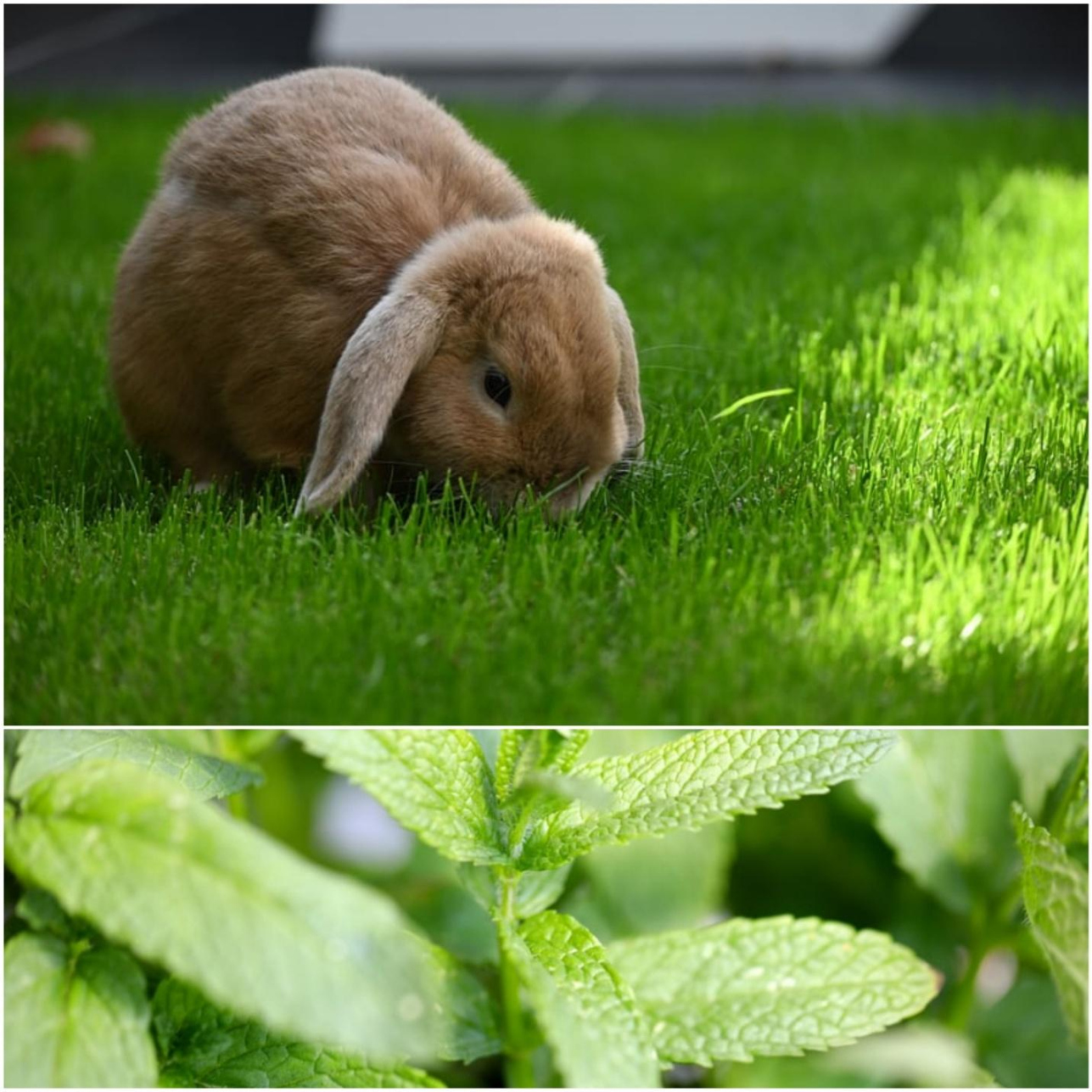Can Rabbits Have Mint?
Rabbits are adorable and cuddly creatures that are often kept as pets. As responsible pet owners, it is essential to ensure that we provide them with a balanced and healthy diet. When it comes to their diet, it is natural to wonder if rabbits can have mint. Let’s explore this question in more detail.

The Benefits of Mint for Rabbits
Mint is a popular herb that is known for its refreshing aroma and taste. It is widely used in various culinary dishes and beverages. However, when it comes to rabbits, the benefits of mint are limited. While mint is not toxic to rabbits, it should be given in moderation due to its high sugar content.
Potential Risks of Mint for Rabbits
Although mint is non-toxic to rabbits, it can still have some negative effects if given in excess. Some potential risks of feeding mint to rabbits include:
- Upset Stomach: Rabbits have sensitive digestive systems, and feeding them excessive amounts of mint can lead to an upset stomach, diarrhea, or bloating.
- Weight Gain: Mint contains a significant amount of sugar, and regular consumption can contribute to weight gain in rabbits. Obesity can lead to various health complications, so it is crucial to monitor your rabbit’s diet carefully.
- Dental Issues: Rabbits’ teeth continuously grow, and a diet high in sugar can exacerbate dental problems. Mint, if given in excess, can contribute to tooth decay and other dental issues in rabbits.
Feeding Mint to Rabbits
While it is not recommended to make mint a regular part of your rabbit’s diet, occasional and controlled servings can be offered as a treat. Here are some guidelines to follow when feeding mint to rabbits:
- Offer mint leaves in small quantities, approximately once or twice a week.
- Ensure that the mint leaves are fresh, clean, and free from any chemicals or pesticides.
- Wash the mint leaves thoroughly before serving them to your rabbit to remove any dirt or harmful substances.
- Introduce mint gradually into your rabbit’s diet and monitor their reaction. If your rabbit shows any signs of digestive upset or discomfort, discontinue feeding mint immediately.
- Remember to remove any uneaten mint leaves from your rabbit’s enclosure to prevent spoilage and attracting pests.
Other Rabbit-Friendly Herbs and Vegetables
If you are looking for alternative herbs and vegetables that are safe and beneficial for rabbits, consider the following options:
- Parsley: Parsley is a low-calorie herb that is rich in vitamins and minerals. It can be offered to rabbits in moderation.
- Basil: Basil is another herb that rabbits can enjoy. It is packed with antioxidants and has a pleasant aroma and taste.
- Cilantro: Cilantro is a favorite herb of many rabbits. It is high in fiber and can help promote healthy
- digestion.
Kale: Kale is a leafy green vegetable that is safe for rabbits in small quantities. It is an excellent source of vitamins and minerals.
Frequently Asked Questions (FAQs)
Can rabbits have mint tea?
It is best to avoid giving rabbits mint tea. Tea, even without any added sugar, can still be harmful to their digestive system.
Can rabbits eat mint stems?
While the stems of mint are not toxic, they are not very flavorful for rabbits. It is better to offer them fresh mint leaves instead.
How much mint can I feed my rabbit?
Mint should be given in small quantities, approximately once or twice a week. It is important not to exceed this recommended amount to avoid any potential health issues.
Are there any other herbs that rabbits should avoid?
Yes, there are several herbs that rabbits should avoid, including parsley, sage, rosemary, and thyme. These herbs can be too strong for rabbits’ digestive systems and may cause discomfort.
In conclusion, rabbits can have mint as an occasional treat, but it should not be a regular part of their diet. Mint should be offered in small quantities to avoid potential digestive issues, weight gain, and dental problems. Remember to introduce new foods gradually and monitor your rabbit’s reaction. If you have any concerns about your rabbit’s diet, it is always best to consult with a veterinarian for personalized advice.
Related Articles…
Copyright Notice:
All images on this website are obtained from the internet and remain copyrighted to their original owners. If you hold copyright to any image and want it taken down, please reach us.